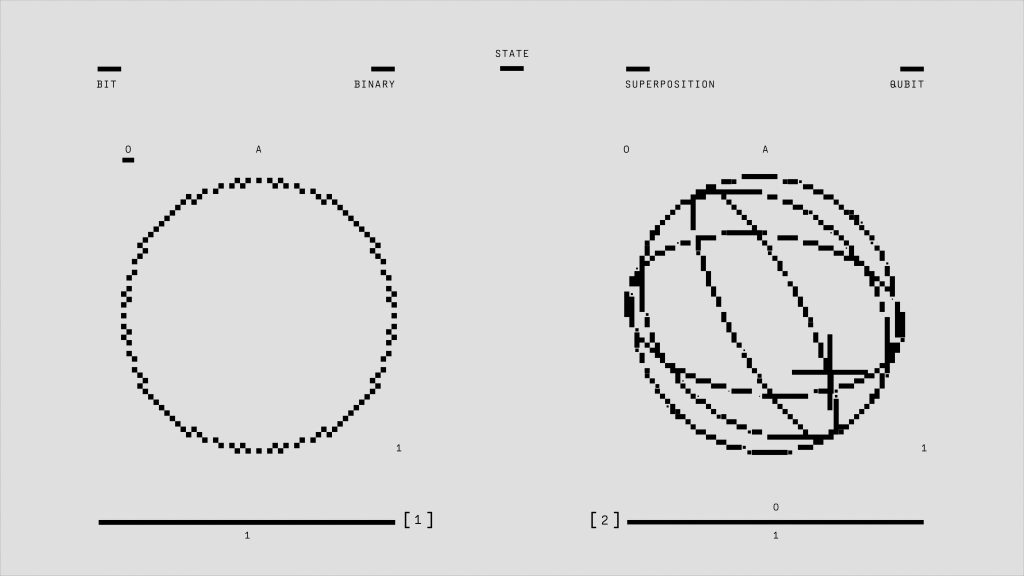Troubleshooting Persistent 100% Disk Usage on Your PC: Tips and Solutions
If you’re experiencing your Windows PC is running exceptionally slow or your disk utilization reaches 100%, it can be both frustrating and disruptive to your daily tasks. This issue often results in prolonged boot times and sluggish system performance, even when no resource-intensive applications are actively running. In this article, we’ll explore common causes of this problem, diagnostic steps you can take, and effective solutions to help restore your system’s normal operation.
Understanding the Issue
A constant 100% disk usage indicates that your computer’s storage drive is being fully utilized, which can bottleneck overall performance. In some cases, this may take several minutes during startup, leaving your system unresponsive or sluggish in the initial moments after powering on.
Common Causes of 100% Disk Usage
- Background Processes and Services: Certain system processes or third-party applications may cause high disk activity.
- Superfetch / Sysmain: Windows features designed to pre-load frequently used apps, such as Sysmain (Superfetch), can sometimes lead to high disk usage.
- Malware or Viruses: Malicious software can also cause abnormal disk activity.
- Drive Errors or Hardware Issues: Failing or corrupted storage drives may manifest through persistent high disk activity.
- Outdated or Incompatible Drivers: Storage controller drivers that are outdated or incompatible can cause performance issues.
Diagnostic Steps
- Open Task Manager:
- Press
Ctrl + Shift + Escto launch Task Manager. -
Go to the “Processes” tab and click on the “Disk” column to see which processes are utilizing the disk most heavily.
-
Check for Resource-Intensive Processes:
-
Identify if any applications or services are consuming an unusual amount of disk resources.
-
Use the Resource Monitor:
-
Accessed via Task Manager (
Performancetab >Open Resource Monitor), this tool provides a detailed view of disk activity. -
Run Antivirus and Malware Scanning:
-
Ensure your system is free from malicious software that could be causing high disk usage.
-
Check Disk Health:
- Use built-in tools like
CHKDSKor third-party utilities to scan for drive errors.
Potential Solutions
- Disable Superfetch / Sysmain:
- Since you’ve already tried disabling Sysmain without success, consider re-enabling it
Share this content:



